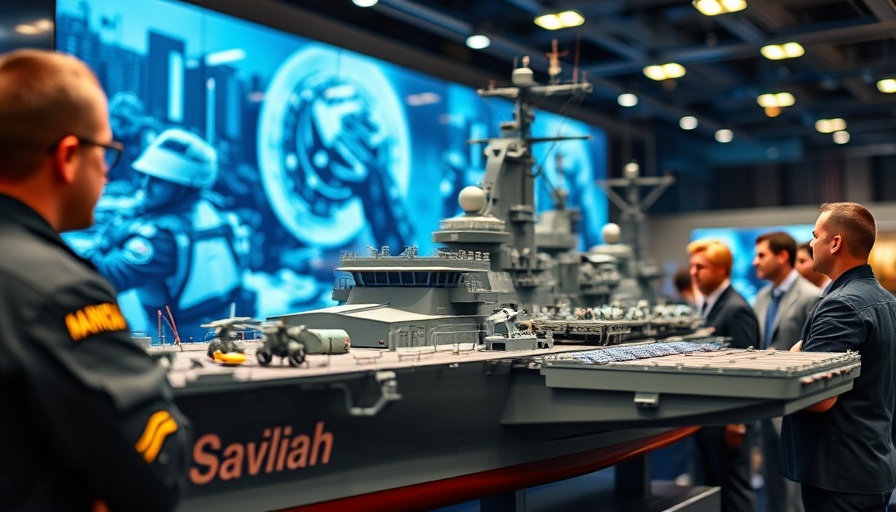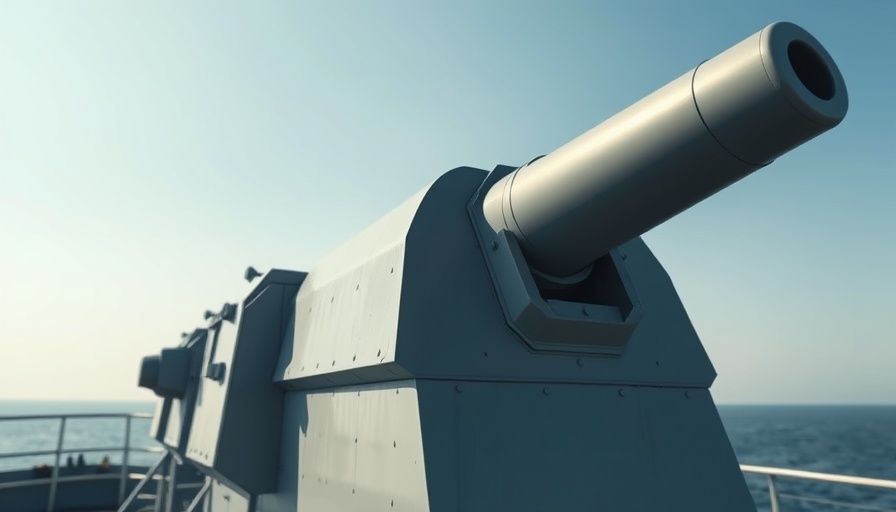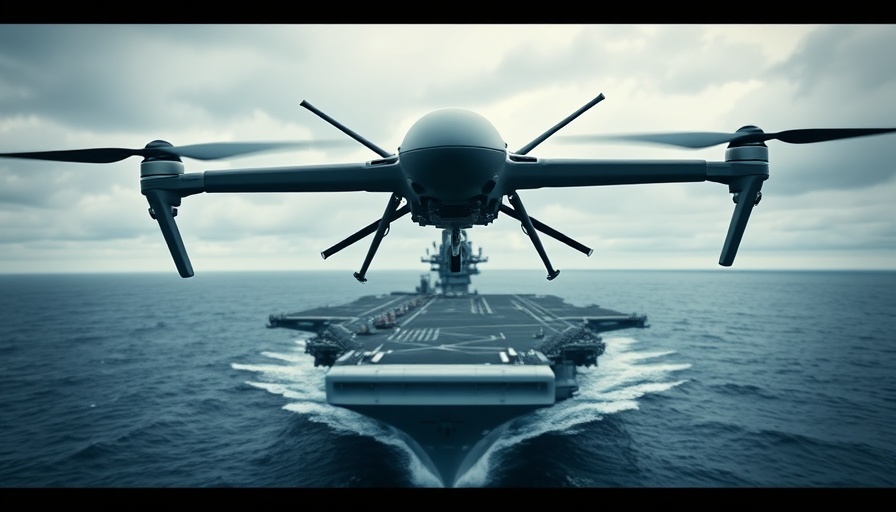
Indonesia’s Ambitious Naval Aspirations
Indonesia is setting its sights on the procurement of the Giuseppe Garibaldi aircraft carrier, marking a significant step in its naval modernization efforts. This ambition aligns with the country’s broader strategic goals to bolster its maritime capabilities amid regional tensions and an evolving global defense landscape.
Why the Giuseppe Garibaldi?
The Italian Navy's Giuseppe Garibaldi is not just any aircraft carrier; it is a versatile vessel capable of serving multiple roles, from offensive strikes to humanitarian missions. Indonesia's interest in this particular class of ship underscores its need for flexible maritime solutions that can address a range of challenges, from piracy to territorial defense.
Regional Context and Implications
As Southeast Asia faces increasing maritime disputes, particularly in the South China Sea, Indonesia's move to enhance its naval power through aircraft carrier procurement is a statement of intent. It signals to neighboring nations an evolving power dynamic and raises questions about the arms race in the region. Indonesia's active pursuit of enhanced naval capabilities reflects not only its commitment to national security but also its role as a regional leader in maritime affairs.
Challenges Ahead for Indonesia
While the acquisition of the Giuseppe Garibaldi represents a strategic advancement, Indonesia faces considerable challenges. Funding such an ambitious project requires substantial investment and logistical planning. Moreover, the integration of the aircraft carrier into existing naval operations will necessitate extensive training for personnel, ongoing maintenance, and support systems to ensure operational effectiveness. These factors will be crucial as the government seeks to balance investment in advanced technology with other pressing national priorities.
Future of Naval Power in Asia
The potential incorporation of an aircraft carrier into Indonesia's fleet not only redefines its naval capabilities but also sets a precedent for other countries in the region. As more nations consider similar paths towards modernization, we can expect increased collaboration and competition among Southeast Asian maritime forces. For instance, Malaysia and Thailand are also evaluating enhancements to their naval fleets, suggesting a broader shift that could reshape the geopolitical maritime landscape in Asia.
Real-Life Perspectives on Naval Modernization
To better understand the implications of Indonesia's ambitions, we spoke with Naval Analyst Rita Nasir, who noted, "Naval power is critical for ensuring sovereignty in these times. Indonesia’s interest in an aircraft carrier is a reflection of that need - a necessity to engage and deter threats, while also demonstrating to allies its commitment to maritime security." Her insights reveal how the procurement process will not only be about hardware but will also encompass strategic relationships with other countries and military alliances.
The Bigger Picture: Global Naval Trends
Globally, naval modernization is taking center stage as countries recognize the need for advanced operations in increasingly contested waters. The acquisition of aircraft carriers, such as the Giuseppe Garibaldi, indicates a shift towards more formidable maritime capabilities. This trend highlights the interplay of international diplomacy and defense necessities, suggesting that naval assets will continue to shape future international relations.
In conclusion, Indonesia’s pursuit of the Giuseppe Garibaldi aircraft carrier is a multifaceted strategy combining national security, regional leadership, and military diplomacy. This ambitious step not only reflects its intention to modernize its naval capabilities but also speaks volumes about the evolving dynamics within Southeast Asia. As the nation embarks on this journey towards enhanced naval power, it is vital for stakeholders to consider both the opportunities and challenges that lie ahead. Staying informed and engaged with these developments will be essential for understanding the future of maritime security in the region.
 Add Row
Add Row  Add
Add 




 Add Row
Add Row  Add
Add 

Write A Comment